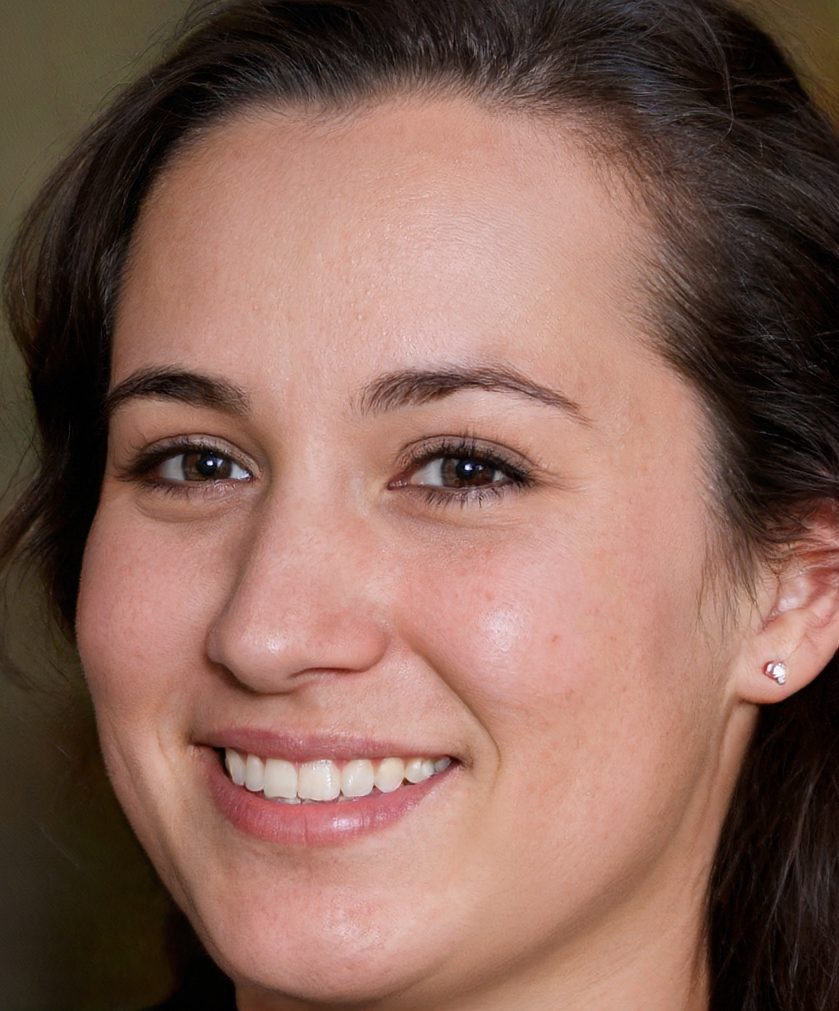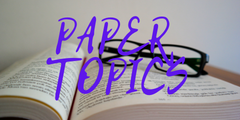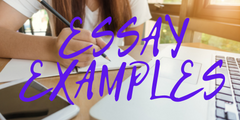In recent years, the issue of educators engaging in sexual relationships with their pupils has gained significant attention and sparked widespread concern. This alarming phenomenon has raised questions about the safety and wellbeing of students, as well as the ethical responsibilities of those in positions of authority. With numerous cases coming to light, it is evident that this is a pressing issue that requires further examination and action. In this article, we will delve into the complexities of this issue and explore the implications of educators engaging in sexual relationships with their pupils.
Educators Engaging in Sexual Relationships with Their Pupils
Educators are expected to be role models for their students, not only in terms of academic success but also in terms of moral values and ethics. Unfortunately, there have been numerous cases where educators have crossed the line and engaged in sexual relationships with their pupils.
This issue has gained widespread public attention in recent years, with many high-profile cases making headlines. One of the most shocking examples is that of Mary Kay Letourneau, a former teacher who had an affair with her 12-year-old student. This case sparked debate and raised questions about the power dynamics and responsibilities of educators when it comes to maintaining appropriate boundaries with their students.
While it may seem like a rare occurrence, the reality is that teacher-student relationships of a sexual nature happen more frequently than we would like to believe. In this article, we will explore the various aspects of this complex issue and its impact on both the individuals involved and the education system as a whole.
The Power Dynamic
One of the main concerns with educator-student relationships is the inherent power dynamic. Teachers hold a position of authority and influence over their students, especially when it comes to younger pupils. This power imbalance can make it difficult for students to give meaningful consent to a sexual relationship with their teacher, as they may feel pressured or intimidated into complying.
This dynamic is further exacerbated in cases where the student is a minor. Minors are not legally able to give consent for sexual activities, which makes any sexual relationship with their teacher a form of abuse. These relationships also violate ethical standards and codes of conduct that educators are expected to uphold.
Even in cases where the student is of legal age, the issue of power imbalance remains. Educators hold significant influence over their students’ grades, recommendations, and overall academic success. This unequal power dynamic can lead to students feeling like they have to comply with their teacher’s wishes in order to secure their academic future.
Furthermore, a sexual relationship between an educator and a student can have long-term effects on the student’s emotional and psychological well-being. They may struggle with feelings of guilt, confusion, and even trauma as a result of the relationship. This highlights the importance of addressing this issue and taking preventive measures to protect students from potential harm.
Impact on Students
The impact of a sexual relationship between an educator and a student can be far-reaching and detrimental. The student involved may experience emotional distress, lack of trust in authority figures, and difficulty forming healthy relationships in the future.
In some cases, students may also suffer academically as a result of the relationship. They may feel uncomfortable attending classes, participating in discussions, or seeking help from their teacher. This can ultimately affect their academic performance and future prospects.
In addition, the student-teacher dynamic is meant to be based on trust and respect. When this trust is broken due to a sexual relationship, it can have a significant impact on the student’s perception of the education system and their own personal values.
Impact on Educators
The consequences for educators who engage in sexual relationships with their pupils can be severe. In many cases, they face legal action, including criminal charges and revocation of their teaching license. These actions not only impact their career but also their reputation and relationships with colleagues, friends, and family.
In addition, educators may also face repercussions in terms of their mental health. Engaging in a sexual relationship with a pupil can cause feelings of guilt, shame, and self-doubt that can have long-lasting effects on their well-being. This is why it is crucial for educators to be aware of the boundaries they should maintain with their students and seek help if they are struggling with inappropriate feelings towards their pupils.
Addressing the Issue
The first step in addressing the issue of educators engaging in sexual relationships with their pupils is creating awareness and educating both teachers and students about appropriate boundaries and the potential consequences of crossing them.
Schools and educational institutions also need to have clear policies and protocols in place to handle such situations. These may include codes of conduct, reporting procedures, and guidelines for maintaining professional boundaries with students.
Furthermore, there needs to be a shift in the culture and attitudes towards this issue. Educators must understand that any form of sexual relationship with a student is unacceptable and can have severe consequences. Students need to feel empowered to speak up and report any inappropriate behavior from their teachers without fear of retaliation.
The Role of Parents
Parents play a crucial role in preventing and addressing inappropriate relationships between their children and their teachers. It is essential for parents to have open communication with their children and educate them about appropriate boundaries and consent.
In addition, parents should also be vigilant and observant of any warning signs that may indicate a potential inappropriate relationship between their child and their teacher. These can include changes in behavior, academic performance, or mood swings.
If a parent suspects that their child is involved in an inappropriate relationship with their teacher, it is their responsibility to take action and report it to the appropriate authorities. This not only protects their child but also prevents the behavior from continuing and potentially harming other students.
A Zero-Tolerance Policy
In conclusion, the issue of educators engaging in sexual relationships with their pupils is a complex and sensitive one. It not only violates ethical standards and legal obligations but also has a significant impact on the individuals involved and the education system as a whole.
To address this issue effectively, there needs to be a zero-tolerance policy towards such behavior. This includes strict repercussions for educators who engage in inappropriate relationships with their students, as well as creating a safe environment for students to report any such incidents without fear of retaliation.
As a society, we must all work together to ensure that our educational institutions are free from any form of abuse or misconduct. Educators who sleep with their students are a stain on the education system and must be held accountable for their actions.
Sources:
- Teachers Who Sleep with Their Students – Snow College
- https://www.psychologytoday.com/us/blog/brave-new-world-mentoring/201512/the-impact-teacher-student-affairs
- https://www.nytimes.com/2020/05/13/education/teacher-student-sexual-abuse.html
- https://www.teachhub.com/reporting-teacher-misconduct-know-your-rights
In conclusion, educators engaging in sexual relationships with their pupils is a serious issue that must be addressed. Not only is it a violation of professional boundaries and ethics, but it also has long-lasting negative effects on the victim’s well-being and educational experience. It is the responsibility of school administrations to ensure that proper measures are in place to prevent such behavior and to provide support for students who have been affected by such incidents. It is crucial for educators to maintain professional boundaries and prioritize the safety and well-being of their students. By effectively addressing and preventing these situations, we can create a safer and more positive learning environment for all students.




